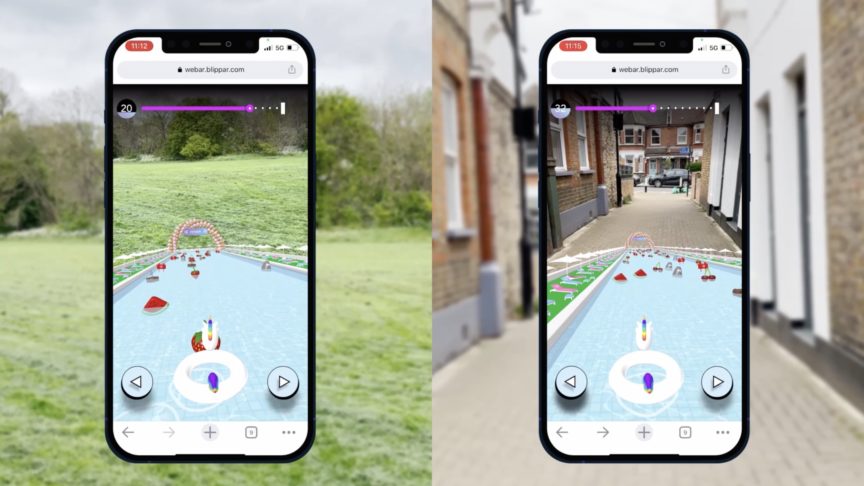Since Mark Zuckerberg’s announcement that Facebook, now rebranded as Meta, will become a metaverse company, you can’t escape the term. Every company has a different vision of what the Metaverse will be or how they will approach it. And while the definition of the ‘platform’ itself is still up for debate, we do have a sort of consensus on a set of principles that will define and enable this new platform. For example, Matthew Ball’s Metaverse Primer is great at laying out these foundations, and below is an example of how Gartner breaks it down.
How will the Metaverse unfold?
February 11, 2022
How will the Metaverse unfold?
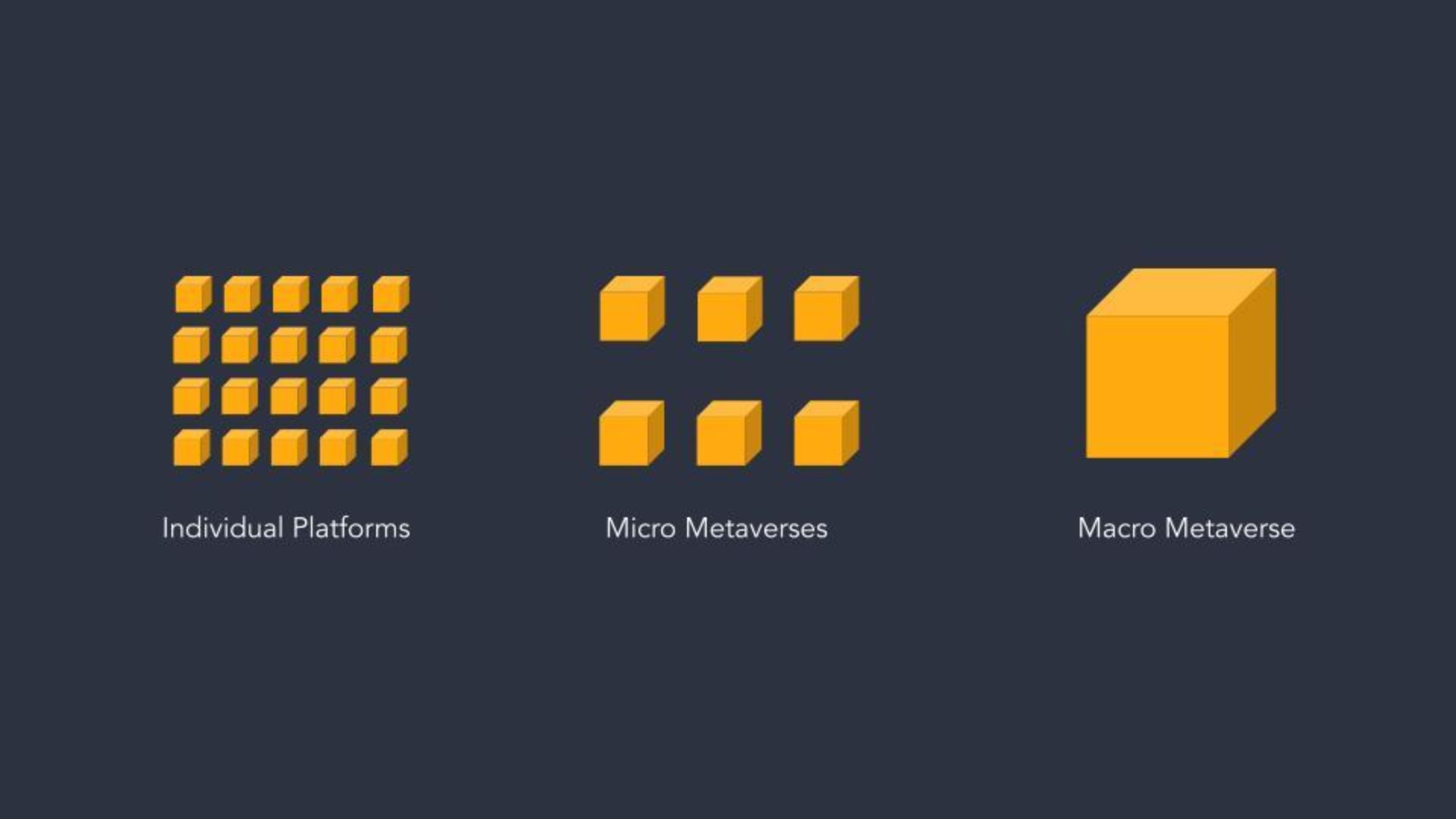
Blippar’s Uzair Khan explores 3 possible scenarios for the future of the digital phenomenon
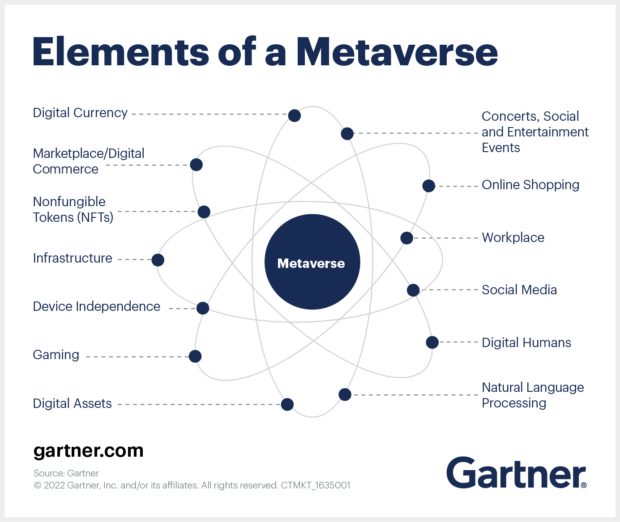
However, while the definition remains in flux, we seem to be very quickly coming to an agreed understanding that the Metaverse will be a sort of virtual world populated/supported by immersive experiences. This statement is quite vague but is one of the safer bets regarding the development of the platform. So with that in mind, in this post, I want to explore three possible scenarios of the Metaverse platform(s) and how these could look.
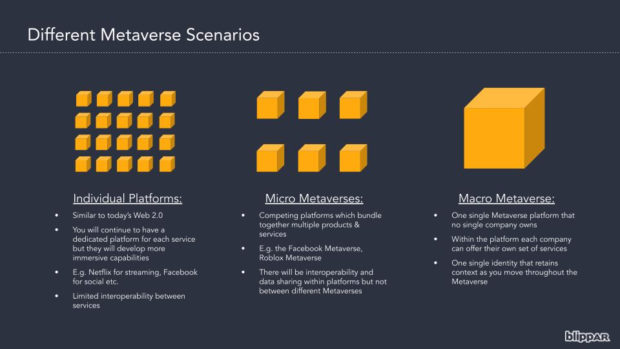
Individual Platforms
In this scenario, the term ‘Metaverse’ remains just a marketing term for companies to continue building their existing products while also satisfying the changing demands of their customer base. Companies are increasingly talking about building their own Metaverse, with Disney being a prominent example of this - but we can’t expect companies to realistically build these platforms themselves. Instead, we’d expect companies to capitalise on the hype and create immersive experiences to complement their existing offerings.
Sticking to the Disney example, Disney has filed patents to allow VR style simulations to be experienced at their theme parks - this does not meet the most common definition of a virtual platform for 1st and 3rd party content as you imagine Disney would be very protective of what it displays for guests. Still, it presents the easiest way to deliver the hyper immersion that today’s consumers expect. Disney would still control the tickets, attractions, experiences and characters while offering a new virtual world for people to lose themselves in. And if data sharing, interoperability, and the other principles that the Metaverse should be built on prove to be too challenging to agree to, then it is very likely that this is how the Metaverse will be established.
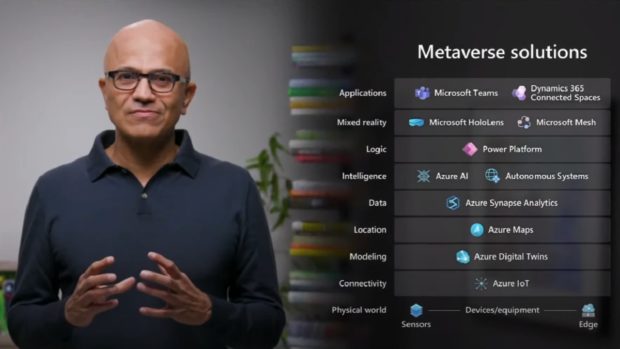
Mirco Metaverses
Today’s platform businesses like Meta (Facebook) and Microsoft already have suites of products and an existing platform business model that provides many of the principles required to build the so-called ‘Metaverse’. The presented dilemma is identifying the benefit case for these companies to open up their services and platforms and share their data.
Platform businesses have helped these companies grow to become trillion-dollar behemoths, and the Metaverse alone presents a $1 trillion economic opportunity. Each of these major players will likely want to own the Metaverse platform, and so instead of everyone ceding ownership to one entity, it is more likely that each business will build its own platform. Call these ‘micro-Metaverses’ taken from Tom Ffiske’s article.
This way Meta could have its own Metaverse comprising of experiences shared between Instagram, Whatsapp and Oculus while Microsoft’s Metaverse platform could allow you to seamlessly have Master Chief help you with an Excel spreadsheet right before he drops you into the middle of a Halo game as a reward for meeting your deadline.
While this format doesn’t sever all opportunities for bridging between Metaverses and interoperability between services and platforms, it acknowledges that these Metaverse bridges will probably be highly protected. Each platform will likely accommodate the necessary capabilities to attract new users without damaging the sovereignty of their own platform.
Macro Metaverse
The final scenario to explore is the utopian vision of a single open and empowering Metaverse platform. It is a persistent, live experience that spans both the digital and physical worlds, not owned by any single entity where users control their data and experiences.
Such a platform is easy to write about but very difficult to imagine building technically. These principles do not align with today’s business incentives and so it’s difficult to speculate on one extreme significant tech company helming this revolution against big tech, and on the other hand, a small company organically growing to build this unavoidable momentum and transform the internet as we know it today. Mark Zuckerberg himself estimates it could take five to 10 years before the key features of the Metaverse become mainstream.
In Summary
So, however the Metaverse ends up being built, we know there are a set of principles we can expect it to be built around. And today, we’re seeing innovation across technology that will enable these core principles to manifest. Developments in blockchain present opportunities for sovereign identity and allow users to own their own data. Through 5G and Edge, next-generation networks will enable synchronicity and concurrency for live social events. And platforms like Blippar are helping brands and creators to generate the content and build the experiences that will populate these Metaverses and virtual worlds to deliver the immersion that users are expecting.
At Blippar, we believe the Metaverse is an inevitability and are thus preparing to help build it however it manifests.

